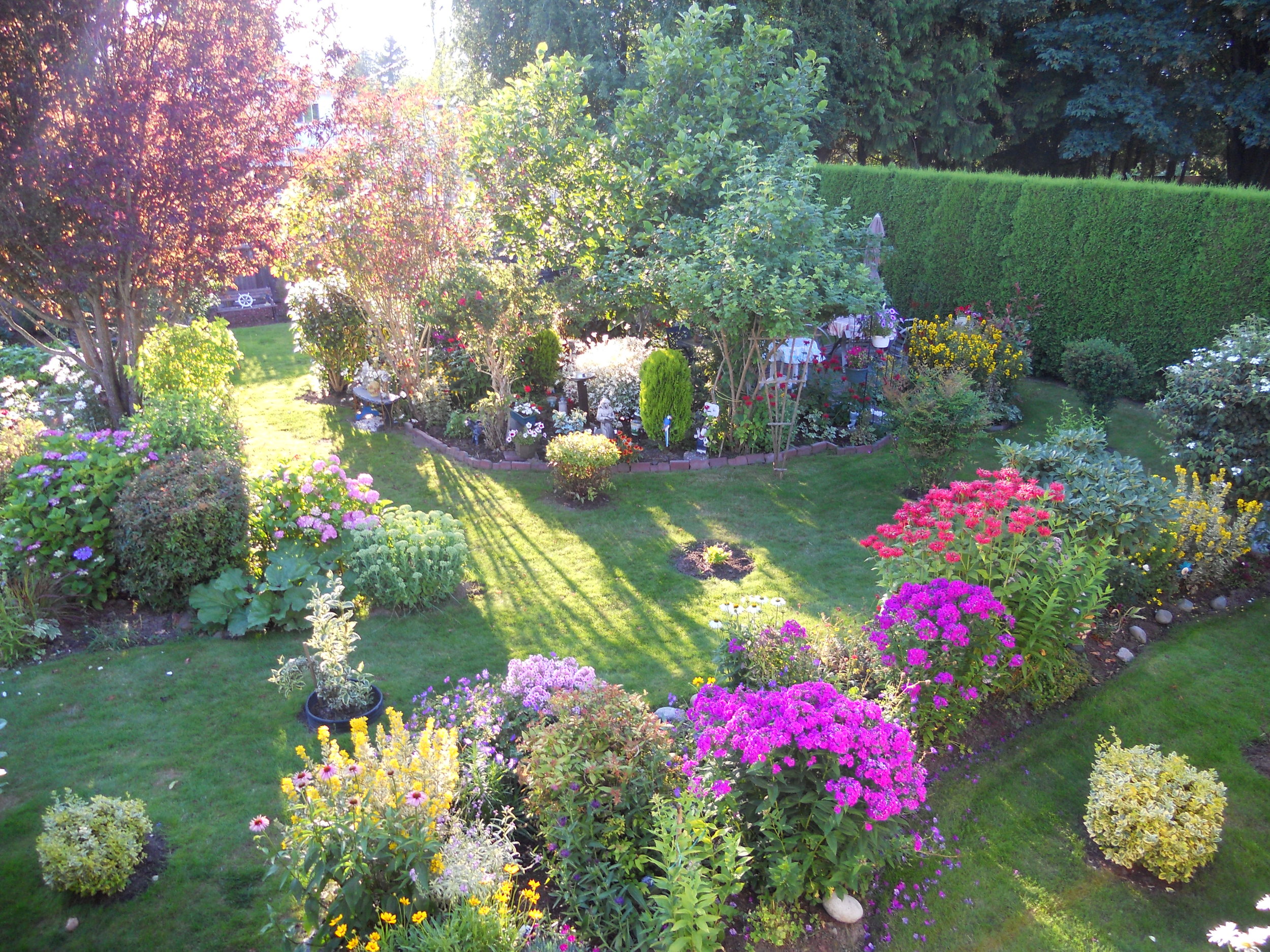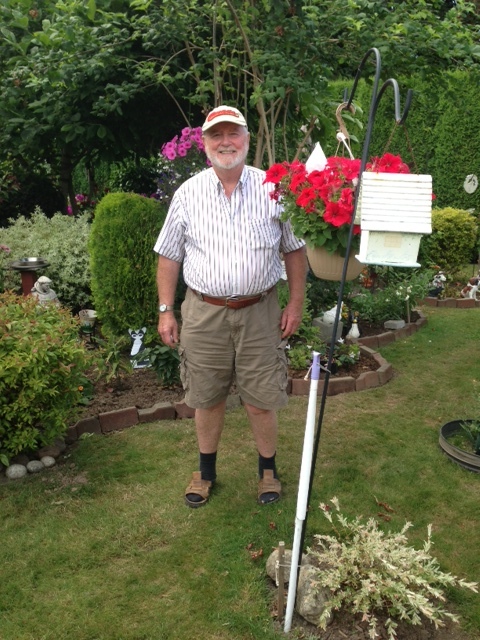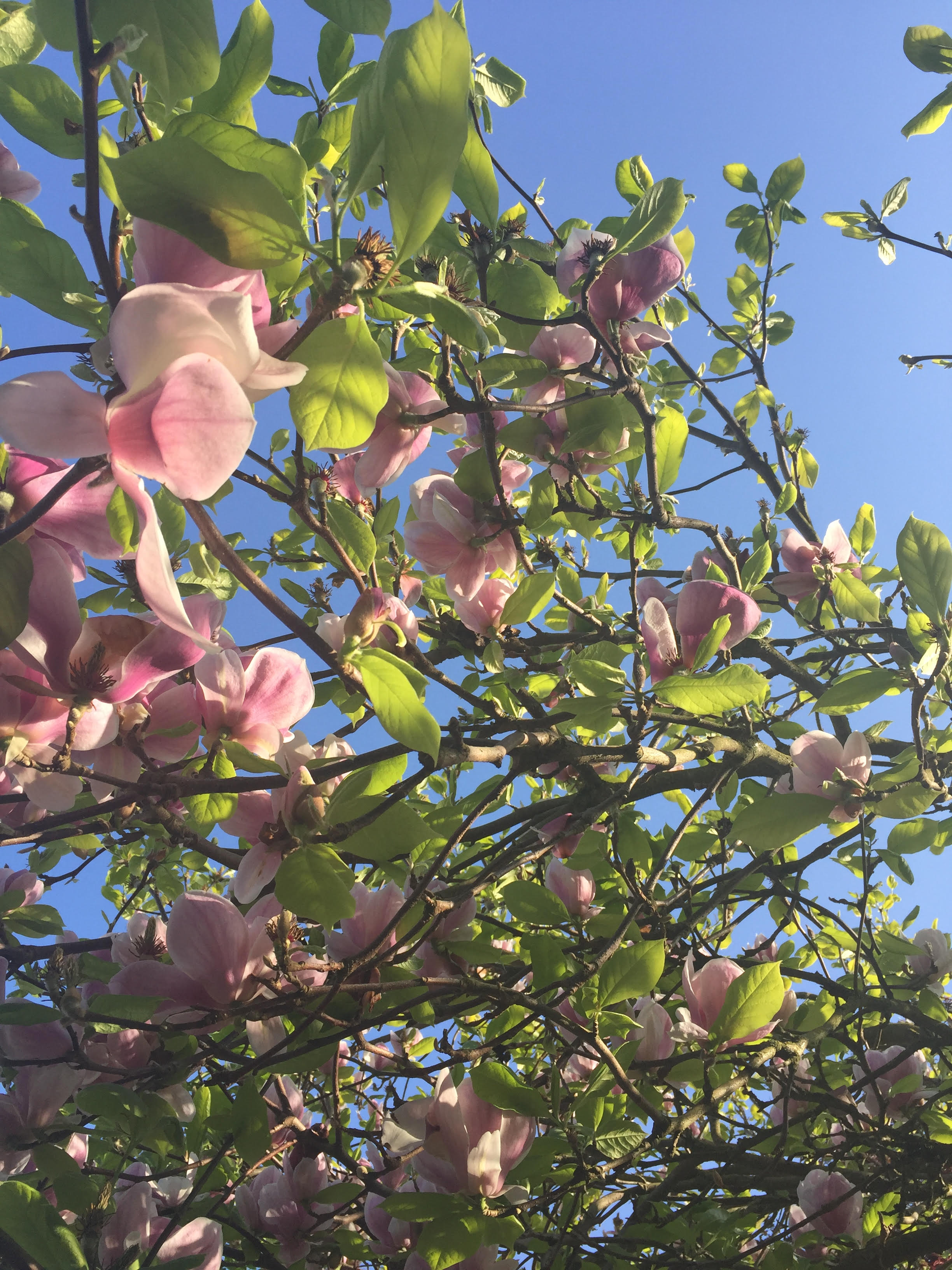Stephanie's Note: I met my best friend Julia when she was 4 and I was 5 and she visited my kindergarten classroom. Since then, we grew up together, played all sorts of games and made-up activities together, performed piano concerts (including our own-composed duet) together, graduated high school together (thanks to her being so smart and skipping grade 9 going from grade 8 into my grade 10 class), going to UBC together, and travelling together. On Friday, March 11, 2016, we finally presented together. We spoke on euthanasia and assisted suicide at the Chilliwack Pro-Life Society's banquet dinner. I was so impressed and inspired by her presentation, that I'm sharing it here below. Julia is not only a brilliant family physician (seriously, besides skipping a grade in high school she got into med school after 3rd year university), she is caring, compassionate, and ethical. Her patients can be guaranteed she has their well being in mind. Her presentation that follows is proof of this. Here it is:
If you’re anything like me, you have found the recent news regarding the legalization of physician-assisted suicide in Canada overwhelming. It is easy to feel discouraged and distraught by these changes, and so I want to focus my reflections on something positive. Staying positive is what I believe is the best antidote to this negative force entering our country. In order to stay positive in the face of these changes, we need to:
1. Acknowledge and think about our own mortality
2. Support those among us who are dying or nearing death by helping them to achieve peace and live out their last days well
3. Support the palliative care movement
We need to remember that there is an alternative choice to suicide—a natural death in the context of a caring community.
I speak to you from the perspective of a family physician involved in palliative care, but also as a person who faces her own mortality when thinking about these issues. And that is key when trying to accompany people on the journey of dying. We must acknowledge that one day we will be the one dying.
That being said, I am no expert on this, because I haven’t died yet. In fact, I haven’t even faced a serious illness yet in my life. So my reflections are based on what I’ve learned through my work and from other doctors. I would like to reference Dr. Kuhl, who wrote the book What Dying People Want and Dr. Gallagher, who is a palliative care physician in Vancouver who has written multiple articles in Canadian medical journals.
At this point, I want to tell you a story. It is about a patient of mine who died recently at a relatively young age from cancer. He went through multiple medical treatments in an attempt to overcome this illness, but ultimately after facing more and more problems at home and hospital, he moved to hospice for his final weeks. During one of my visits there, he was lying in bed watching a home renovation show on TV. I asked him how he was doing and while we talked, he pointed out to me a small wooden box on the table at the end of his bed. It was an urn that his neighbor had made for him. He was planning to be cremated and that box would one day soon hold his remains. He hoped that in the future his wife and their pet dog would also join him in this resting place. So, he was lying in his bed, with this reminder of his mortality directly in front of him. What really impressed me about this was his acceptance of what was happening. I thought to myself-am I brave enough to calmly acknowledge that one day I will die? Will I be able to maintain that bravery when my death is imminent? And an even harder question-can I accept that my loved ones will one day die?
Personally, I hope I can get to that place of peace. And when I am taking care of a dying patient, that is my goal for them-to create enough freedom from physical and emotional suffering so they can obtain peace and acceptance.
Is it possible to have a good death? I believe it is because I have seen it. People who are comfortable, surrounded by loved ones, well looked after by experienced nurses. People who have said their goodbyes. Dying is not all negative. As I heard a priest say once, happiness is not dependent on health. Some of the most content, calm people I know are physically unwell.
Cultural movements like physician-assisted suicide usually arise as a misguided response to a real problem. People in Canada have died in pain and have faced obstacles to obtaining care that maintains their dignity. Their families have suffered watching this happen. The answer to physician-assisted suicide is not to wish that things could just go back to the way they always were. It is to use this as an opportunity to create a better solution... [To read the rest of this presentation click here for the PDF of the full talk transcript.]


















